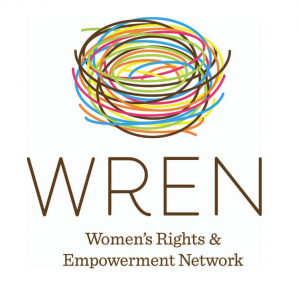News
WREN Releases Statement on State Supreme Court Upholding Abortion Ban
The South Carolina Supreme Court today ruled that the 6-week abortion ban passed by the state’s General Assembly in May does not violate the state’s Constitution, which means the ban goes into effect immediately.
Ann Warner, the CEO of the Women’s Rights and Empowerment Network (WREN), released the following statement:
“We are outraged that the South Carolina Supreme Court has upheld this extreme and harmful law, which will put countless lives in jeopardy – here in South Carolina and across the region. It is particularly outrageous that this Court has overturned its own precedent, as they ruled this exact law unconstitutional earlier this year. We are gravely concerned about the impact that this law will have on the health and well-being of the people of this state, especially Black women, people with disabilities, and survivors of violence, who are already grossly underserved by the healthcare and legal systems in this state. While this is a devastating setback, we are undeterred in our commitment to defend and expand reproductive freedom and justice for all.”
The Court’s ruling today makes abortion illegal after a fetal heartbeat can be detected, except under very narrow circumstances. For more information on abortion access in South Carolina, visit https://www.scwren.org/
In May, the South Carolina Senate voted to pass a dangerous bill banning access to abortion after six weeks of pregnancy and Governor McMaster signed it into law on May 25. Planned Parenthood, the Greenville Women’s Clinic, and many state physicians immediately moved to stop the law from going into effect.
On May 26, a judge granted a preliminary injunction to block enforcement of the law until the case could be heard by the South Carolina Supreme Court. WREN and its partners filed an amicus brief to support the plaintiffs’ case, focusing on the detrimental impact that the law would have on the health and well-being of South Carolinians, especially Black women, people with disabilities, and survivors of violence.”

























